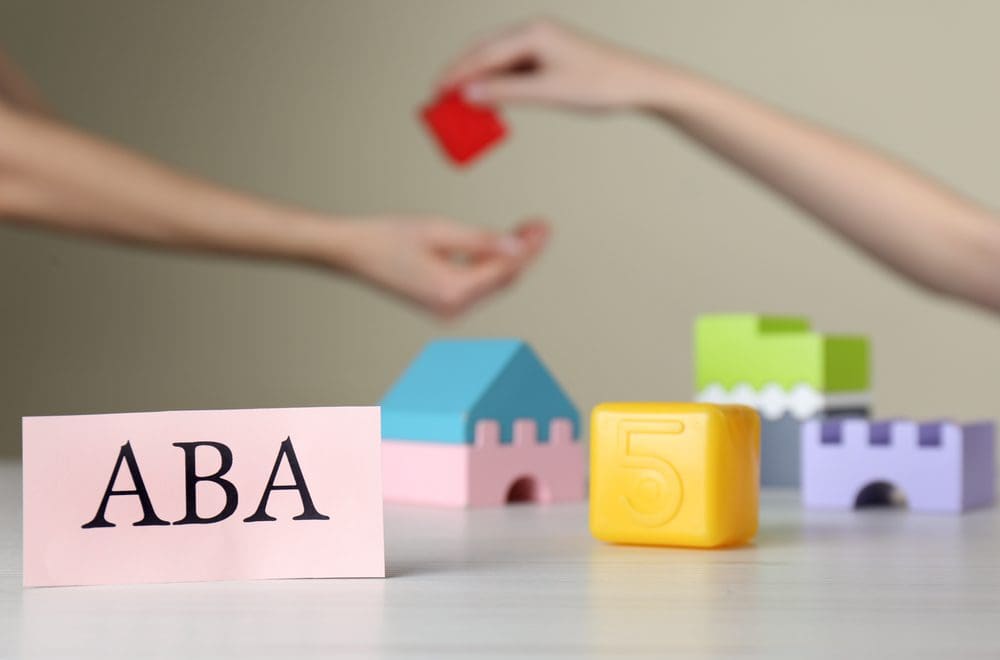Therapy animals offer a wide array of benefits for individuals facing various challenges, providing support that spans emotional, physical, and social aspects. Here are some of the primary benefits:
1. Emotional Support
Therapy animals provide comfort, reduce levels of anxiety and depression, and help mitigate the symptoms of PTSD. Their presence can elevate mood, offering affection and companionship that is both calming and comforting.
It goes beyond just being around them though. Talking to your pet can be surprisingly therapeutic and beneficial for mental health too. Engaging in conversation with an animal can provide a sense of companionship that eases loneliness and boosts mood. Pets offer a non-judgmental presence that can make them excellent listeners, allowing owners to express thoughts and feelings openly without fear of criticism. This practice can be particularly calming, helping to alleviate stress and anxiety.
Additionally, talking to your therapy animal can strengthen the bond between the animal and its owner, enhancing the pet’s socialization and responsiveness. For many, these daily interactions become a cherished part of their routine, enriching their lives and improving emotional well-being.
2. Stress Reduction
Setting aside time for daily cuddling sessions with your pet can significantly enhance your emotional well-being. The simple act of stroking or cuddling a pet releases oxytocin (a feel-good hormone) in the brain, known for enhancing affection and happiness. Interacting with a therapy animal can also decrease cortisol levels, your stress hormone. These benefits come from just looking at your pet. Yes, really.
Research has shown that if you gaze into the eyes of your pet, it releases oxytocin, the love hormone in your body. This can bring great benefits to your relationship with your pet. Imagine what a full-on cuddle session could do.
In addition to reducing stress and anxiety and boosting your mood, it can also have a positive effect on your outlook of yourself and life as it starts to make you feel good about yourself, providing reassurance that you are loved and taken care of.
3. Encourages Physical Health
Beyond improving mental health, therapy animals can contribute to better physical health. For example, having a pet, particularly a dog, naturally encourages more physical activity, which is beneficial for both mental and physical health. Dogs require regular walks, which compels their owners to engage in routine exercise. This daily commitment to walking or playing outdoors not only helps maintain physical fitness but also boosts mood and reduces stress levels through the release of endorphins.
Additionally, the structure of having a therapy animal ensures that these activities are regular, providing consistency that can be especially therapeutic for those who might otherwise struggle to maintain a routine. This combination of companionship and physical activity makes pet ownership a uniquely effective way to enhance overall well-being.
4. Helps with Social Interaction (and Social Anxiety)
Therapy animals can be particularly beneficial in aiding social interaction and alleviating symptoms of social anxiety. Their presence often acts as an icebreaker, making social environments less intimidating and more accessible. For individuals with social anxiety, the animal serves as a focal point, reducing the perceived pressure to generate conversation and allowing interactions to flow more naturally. This can help decrease stress and increase confidence in social settings.
Furthermore, therapy animals often attract positive attention, which can support engagement with others. People are generally drawn to animals, and this curiosity can lead to increased socialization for their handlers.
Additionally, the predictable and safe interactions with a therapy animal can help individuals practice social skills in a controlled manner. Over time, this can lead to improved ability to engage with people, reducing feelings of isolation and loneliness. The animal’s constant companionship can also provide reassurance and support, giving their handlers the courage to explore new social situations that they might otherwise avoid. This not only helps in developing social skills but also contributes to a broader therapeutic process, where individuals with social anxiety can gradually find it easier to navigate complex social landscapes.
5. Pain Management
Studies have shown that therapy animals can help reduce pain levels, partly due to the distraction and relaxation they provide during interactions.
6. Routine and Structure
Integrating therapy animals into one’s life introduces a significant level of routine and structure, which can be extraordinarily beneficial, especially for individuals dealing with mental health issues or those requiring a steady daily schedule. The responsibilities that come with caring for an animal—such as feeding, grooming, exercising, and attending regular veterinary appointments—demand consistency and adherence to a schedule. This structure can help stabilize a person’s daily life, providing clear tasks and expectations that can ease anxiety and improve focus.
7. Increases Sense of Purpose
Having a therapy animal can significantly enhance an individual’s sense of purpose, which is a critical component of emotional and psychological well-being. This increase in purpose stems from several key aspects related to the care and companionship that therapy animals require and provide.
advertisement
Ready to Talk? Find Your Perfect Online Therapist Now!
Anxiety is treatable with therapy, and BetterHelp offers a convenient and affordable solution. With over 20,000 licensed therapists available, BetterHelp provides accessible care, starting at just $65 per week. Take a free online assessment today to get matched with the right therapist for you.
Free Assessment









